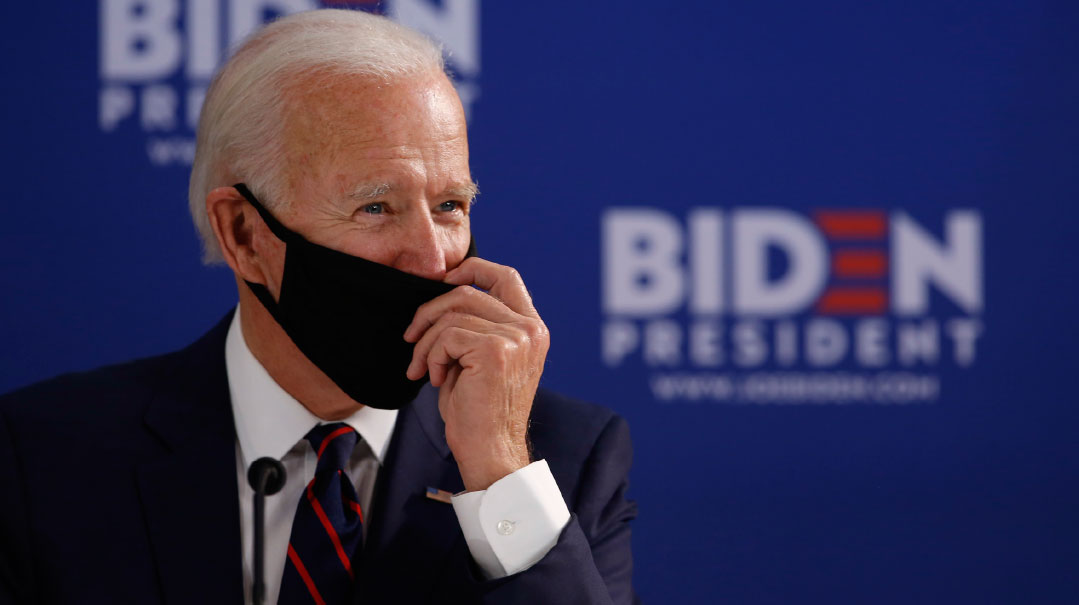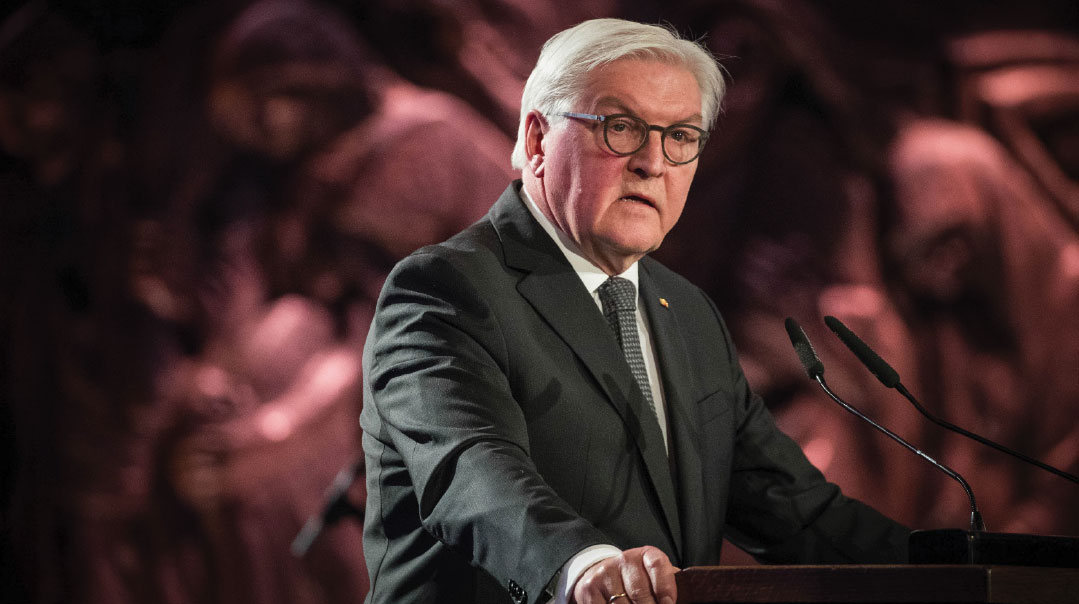A New Israel in the Middle East?


T he Kurds have a geography problem.
Despite more than 90 percent of Iraqi Kurds voting for independence from Iraq on September 25 their would-be state borders on four other nations that would like to see it stillborn: Iran Turkey Syria Iraq.
That’s going to be a real problem moving forward since the Iraqi Kurdistan Regional Government (KRG) that sponsored the referendum sends 90 percent of its exports (in the form of oil) through a pipeline that runs through Turkey. The KRG also imports 80 to 90 percent of its goods. The Kurdish economy isn’t exactly diversified. In addition to oil it produces large quantities of cement wheat and steel. Intel isn’t coming knocking any time soon.
The Iraqi Kurds are part of a 30-million-plus Kurdish population spread over the heart of the Middle East. None of them have a state but the Iraqi Kurds have the closest approximation to one an autonomous region established by the invading Americans during the first Gulf War. The Iraqi Kurds along with the Syrian Kurds have been the fighting force credited with pushing Islamic State out of large parts of Syria and Iraq.
But their skill and bravery on the battlefield haven’t earned them much credit with their neighbors. Even the United States which has used the Kurds as a kind of proxy army to fight Islamic State still opposes Kurdish independence. In reaction to the non-binding referendum Turkey and Iran closed their borders with the KRG and the government of Iraq said it wanted the keys back to the region’s two international airports. As we went to press Iraqi government troops along with Iranian-backed Shiite militias were advancing on Kirkuk an oil-rich city that Kurds claim as their own. Although Kirkuk is outside of the KRG’s borders Kurdish forces control the city and residents there were invited to vote in the independence referendum. In fact the Kurds refer to Kirkuk as their “Jerusalem ” the heart of Iraqi Kurdistan.
So what could the Kurds possibly be thinking? How will a landlocked country survive without exporting its one valuable commodity? How will people live without imports of food textiles electronics and most everything else? Are the Kurds on a suicide mission?

Was Israel on a suicide mission in 1948? There are in fact parallels to the two historic scenarios. Like the Jews the Kurds are a long-oppressed minority. After World War I there were plans for a Kurdish state but due to Turkish objections (and ultimately armed conflict) the allies conceded and Kurdistan was left off the map in the 1923 Treaty of Lausanne.
Almost everyone opposed a Kurdish state then for precisely the same reason almost everyone opposes one now. A unified Kurdistan steals territory from four neighboring states and places a large non-Arab population in the heart of the Middle East. As a result for the last 100 years or so the Kurds have been disenfranchised dispossessed and murdered. Turkey has led a long war against its sizeable Kurdish minority killing 40 000. Saddam Hussein killed between 50 000 and 100 000 Kurds in the 1980s and 1990s gassing more than 5 000 alone at Halabja in 1988.
Sound tragically familiar? (Excerpted from Mishpacha Issue 681)
Oops! We could not locate your form.













